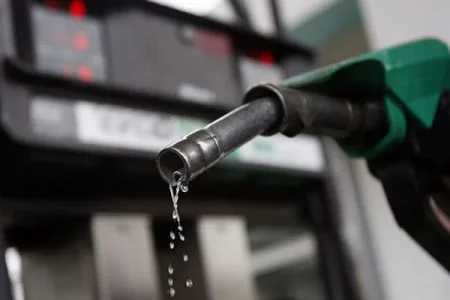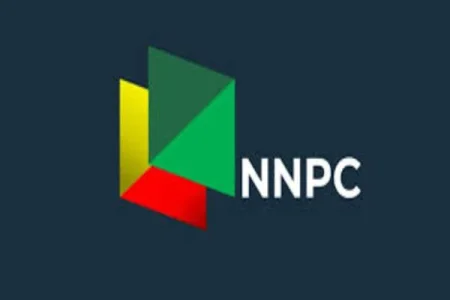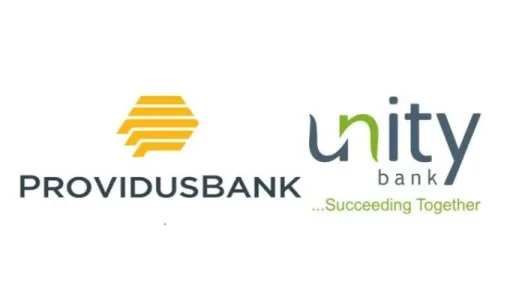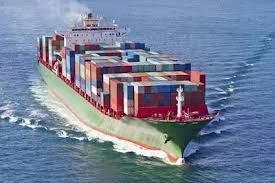
Nigerian oil marketing companies argue petrol/gasoline pump prices cannot realistically fall to N300 per liter, contradicting claims that new domestic refineries could enable such low prices. Marketers cite crude costs, forex rates, taxes, and distribution costs as barriers.
Major oil marketing companies in Nigeria have pushed back against claims that the pump price of petrol could realistically drop as low as N300 per liter, even with the coming onstream of new refining capacity like the Dangote Petroleum Refinery.
The Major Energy Marketers Association of Nigeria (MEMAN) responded to a recent report suggesting that domestic refining of crude oil could slash petrol prices to around N300 per liter. The marketers argued that such a drastic price reduction is implausible given the current market realities.
Tunji Oyebanji, former MEMAN chairman and current CEO of 11 Plc, broke down the economics during a television interview. "One barrel of crude oil contains 159 liters and costs about $80. Multiplying this by N1,400 (exchange rate) gives you N112,000 per barrel, which, when divided by 159, results in N702 per liter of crude alone," he explained.
"This is excluding refining costs, transportation, finance charges, and distribution margins for marketers. So the idea that petrol can sell for as low as N300 per liter is simply unrealistic," Oyebanji stated bluntly.
His comments directly contradict claims from the Crude Oil Refinery Owners Association of Nigeria (CORAN) that petrol prices could nosedive to N300 with sufficient domestic supply from new refineries like Dangote's massive plant.
"If we start producing PMS (petrol) in large volumes with adequate crude supply, I can assure you the pump price could drop to N300 per liter," CORAN spokesperson Eche Idoko told the media. "Why make Nigerians pay almost N700 per liter when allowing local refineries to operate would reduce the price?"
However, Oyebanji highlighted the harsh reality that crude oil, the key raw material, is priced in U.S. dollars on the global market. This exposes local refiners to foreign exchange risks that make N300 per liter an impossibly low price point.
The heated debate underscores the public's desperation for relief at the pumps, with petrol currently selling for upwards of N540 per liter in parts of Nigeria. But it also reveals the tough economic factors weighing on the downstream sector that appear to make a N300 per liter price an improbable scenario, at least in the short-term.



